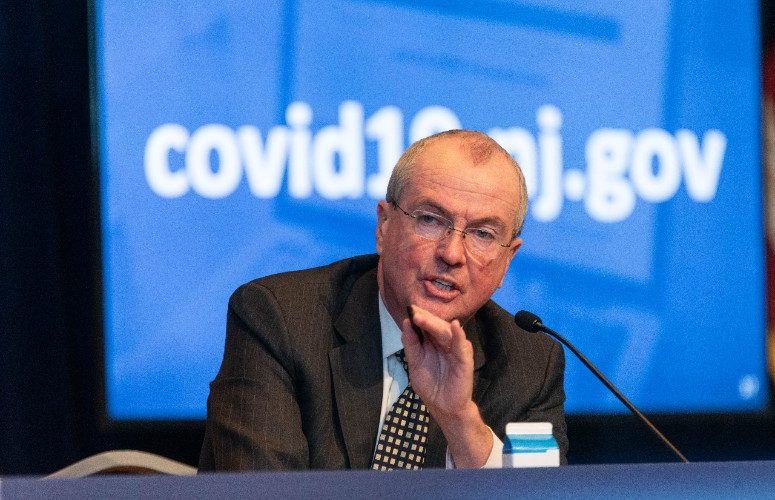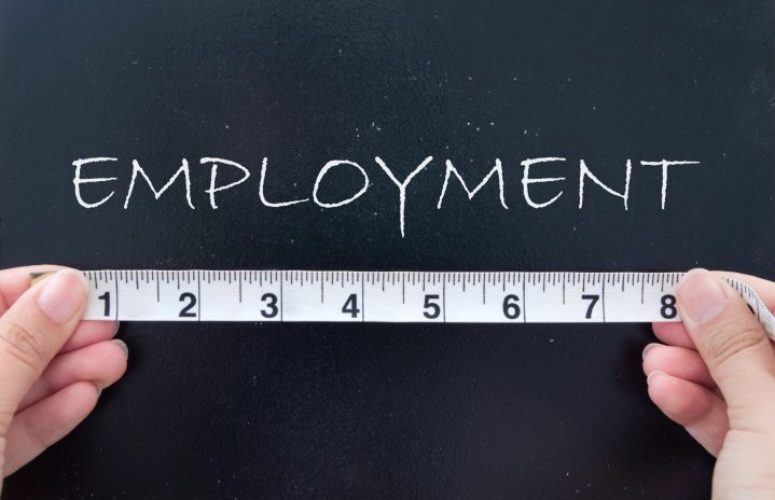
NJ Unemployment Claims Rise 8.8% Amid Broader Implications
By George N. Saliba, Managing Editor On Jul 30, 2020Unemployment continues to mount in the Garden State, with 28,063 new claims filed for the week ending July 25, marking an 8.8% increase when compared to the week prior to that, according to the New Jersey Department of Labor and Workforce Development (LWD).
The cumulative total of unemployment claims filed in New Jersey since March 15 is now 1,441,936, out of an entire statewide nonfarm workforce of approximately 4.2 million.
At least some of these 1.44 million individuals have returned to work since initially filing for benefits. Meanwhile, the United States Bureau of Labor Statistics reported on July 17 that for the month of June, New Jersey had an unemployment rate of 16.6%.
Some experts are concerned that as unemployment continues to rise, demand for goods and services may decrease, potentially further imperiling the economy and potentially creating even more unemployment.
Food banks have additionally seen a spike in demand, with Gov. Phil Murphy this month directing $20 million in federal CARES Act funding towards these entities (in two phases) for the remainder of 2020.
Feeding America projects a 56% increase in New Jersey’s food insecurity rate in the coming months as a result of the coronavirus pandemic, and The Community Food Bank of New Jersey’s President and CEO Carlos M. Rodriguez said at a July 9 event that this translates into 432,000 state residents.
Unemployment Payment
New Jersey’s unemployment insurance fund has thus far paid a total of $3.67 billion since March 15, and the Department of Labor has additionally overseen the distribution of federal unemployment funds made available via programs created under the federal CARES Act.
Federal benefits paid to New Jerseyans since March 15 include approximately $7.5 billion in Federal Pandemic Unemployment Compensation (FPUC), about $894.7 million in Pandemic Unemployment Assistance (PUA) and approximately $276.8 million in Pandemic Emergency Unemployment Assistance (PEUC) benefits.
Of particular focus today is FPUC compensation, which bolstered residents’ state unemployment benefits with an additional $600 in weekly support in federal funds.
This program has not been renewed by Congress at this time, and, therefore, the program “ended” on July 25, with payments to disappear by next week.
The impact on recipients’ ability to purchase necessities and pay their residential rents or mortgages was not immediately clear.
Broader Scenario
Gov. Phil Murphy said last Friday that New Jersey needs an additional $20 billion in federal funding for its overall needs, and this week he said he was “not very optimistic” that such funding will be delivered.
With state revenues in decline, including sales tax monies, and vast new expenses created by the pandemic, Murphy and the Legislature recently approved New Jersey to potentially borrow up to $9.9 billion. However, as previously reported, this move is being challenged in the courts regarding whether or not it violates the 1947 State Constitution in part because voters did not approve such borrowing.
The New Jersey State Supreme Court is set to examine the matter next week.
To access more business news, visit NJB News Now.
Related Articles:





